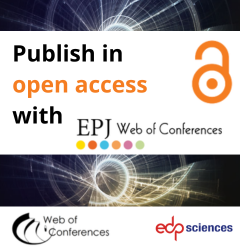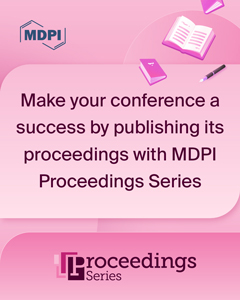Conferences > Physics > Microscopy > Germany
Select a location
1
MIC24-01 — EMBL Course Fundamentals of widefield and confocal microscopy and imaging
22 Apr 2024 - 26 Apr 2024 • Heidelberg, Germany
Event listing ID:
1601177
2
809. WE-Heraeus-Seminar — Functional Materials at Surfaces - Fabrication, Atomic-scale Characterization, and Advances Towards Application
05 May 2024 - 10 May 2024 • Physikzentrum Bad Honnef, Germany
Event listing ID:
1602192
3
EIC24-01 — Imaging down to single-molecule resolution: STED & MINFLUX nanoscopy
21 Oct 2024 - 26 Oct 2024 • Heidelberg, Germany
Event listing ID:
1601705
Conference-Service.com offers, as part of its business activities, a directory of upcoming scientific and technical meetings. The calendar is published for the convenience of conference participants and we strive to support conference organisers who need to publish their upcoming events. Although great care is being taken to ensure the correctness of all entries, we cannot accept any liability that may arise from the presence, absence or incorrectness of any particular information on this website. Always check with the meeting organiser before making arrangements to participate in an event!
No tracking | No pop-ups | No animations
Last updated: 22 January 2024



